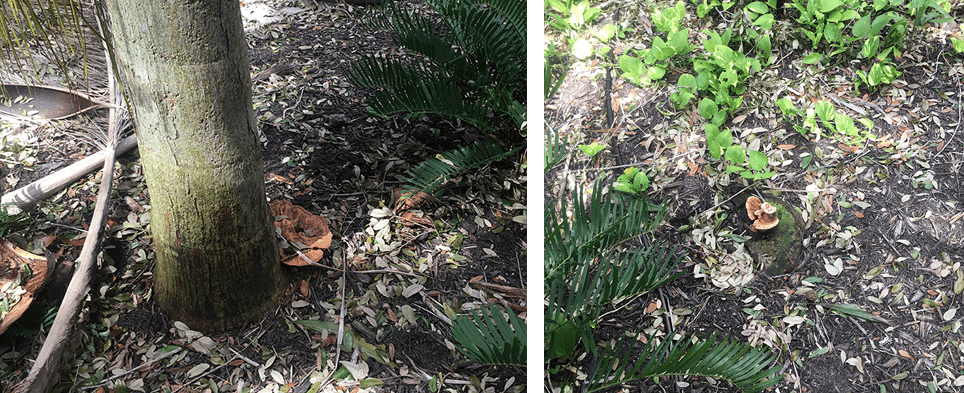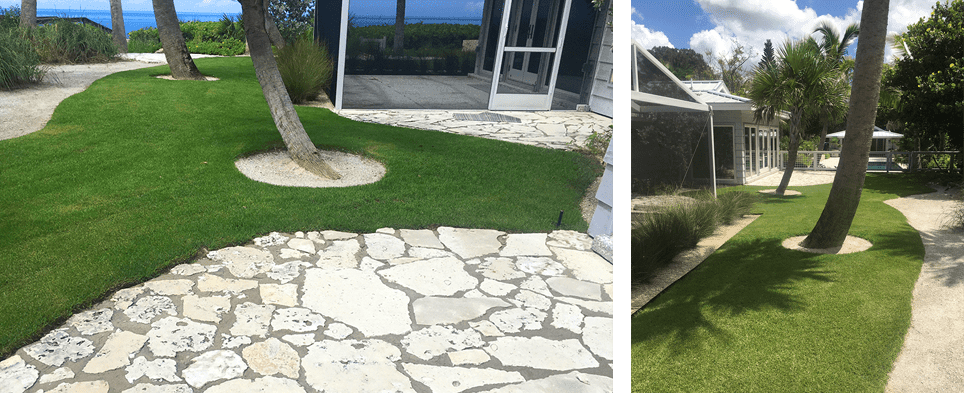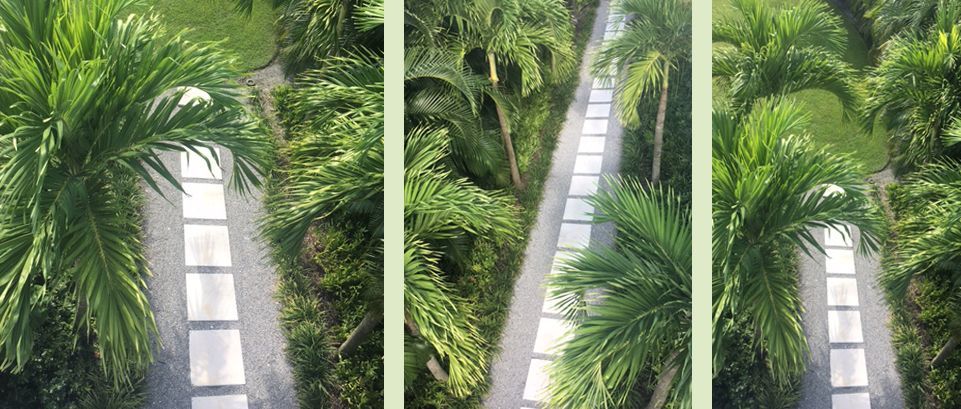A Shore Thing
A Casey Key home we did the landcaping for was recently featured in an article for Detroit Home Magazine.

A respectful innovation of an original 1940s Florida cottage honors the best of the past and present.
“They were all about the property,” says Grosse Pointe Park-based interior designer Kathleen McGovern, who has worked with them on other projects and was brought in to steer the renovation, along with Bloomfield Hills architect Mark Johnson.
The great room's original ceiling was restored and refinished as part of the project, making a dramatic backdrop for the oversized green lanterns.
“I seemed to always be on the wrong floor when I needed something






